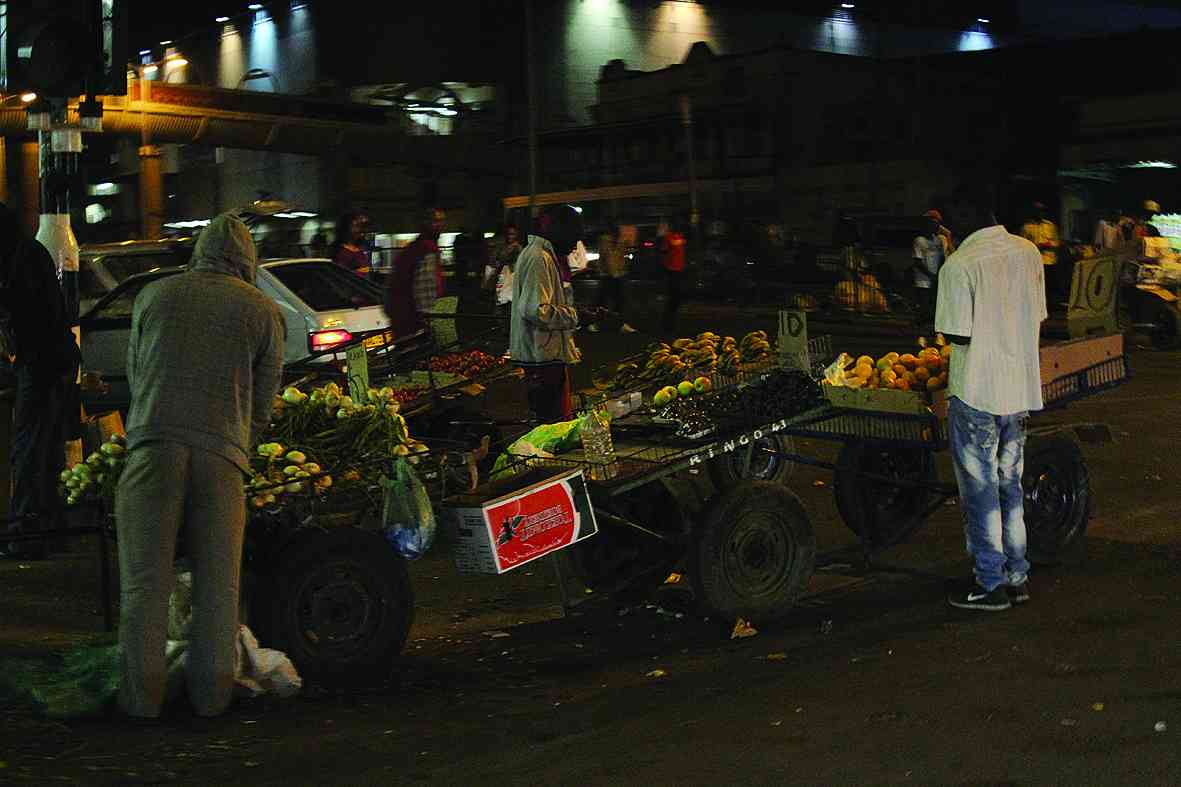
FOOD producer, National Foods Holdings Limited (NatFoods) recorded a 6% increase in food tonnage produced in the year ended June 30, 2024, due to growth from its maize and stockfeed divisions.
Consequently, the group’s volumes rose, leading to group revenue for the period rising 5% to US$359,36 million from the 2023 comparative.
The group’s maize milling volumes were up 21%, while the stockfeed products continued with the upward trend seen in recent years, growing 8% on the prior year, largely driven by the poultry category.
In a statement accompanying the financial results for the year ended June 30, 2024, NatFoods chairperson Edwin Isaac Manikai said the strong performance in the maize and stockfeed divisions was offset by its downpacking division’s low returns.
“Total volumes for the current year under review at 585 000 tonnes were 6% above those recorded in the prior year, with the growth emanating largely from the maize and stockfeed divisions,” he said.
“The strong performance in these divisions was offset by a decline in the downpacking division, where raw material prices in the rice category increased substantially following a ban on rice exports out of India, as well as the imposition of VAT [value-added tax] on the product in the local market.”
The group’s profit after tax rose by 81,7% to US$13,75 million in the period under review driven by a growth in revenue and reduction in net interest costs by US$3,21 million after containing local currency borrowings.
In the comparable period last year, profit after tax was US$7,52 million.
- NatFoods joins VFEX listings rush
- National Foods to reinvest US$10m
- NatFoods fishes for greenback from informal sector
- INTERVIEW: ‘We must be realistic in our approach to power crisis’
Keep Reading
Manikai said the gross margin in absolute terms increased by 13% to US$81,64 million, driven largely by procurement and operating efficiencies, which resulted in a 3% reduction in the bill of materials on a per tonne basis over the prior year.
“Average selling prices across the group declined by 1% over the same period. This was a very positive outcome for the group which allowed efficiency gains to be shared with consumers and which in turn should impact positively on future volumes,” he said.
For its flouring milling, volumes were similar to those achieved in the prior year, with intensified competition and somewhat muted demand in the category.
The group’s cereal unit saw volumes up 8% as the firm continued with its strategy to make this division the preferred breakfast choice for consumers.
Volumes at its snacks division were up 45% year-on-year, owing to a new manufacturing line that went active during the period under review. However, Manikai said biscuit volumes in the current year were disappointing, declining by 23% compared to the prior year as its new manufacturing line only went online in August, well after the period under review.
Since the group’s new pasta line was commissioned in February, it was still expecting to see the results of this unit in the current financial year.
“Working capital continued to be closely managed and increased only marginally to US$29,88 million at year end, from US$28,70 million in June 2023. Net debt closed the year at a moderate US$7,38 million,” Manikai said.
“Free cash generation for the current year under review was solid, providing good opportunities for future growth.”
The group ended the period under review in a liquid position, with US$1,38 to every dollar of short-term debt.
Total assets were up 3% to US$190,81 million in the period under review, from the comparable period last year, owing to an increase in its property, plant and equipment.
“Focus in the coming year will be on the group’s recently introduced categories [cereals, biscuits and pasta] in particular, ensuring that targeted volume ambitions are achieved through offering products, which are both relevant and appealing to consumers,” Manikai said.
However, he noted that the rise in operating costs were concerning and that the group would also look at reducing those expenses.











